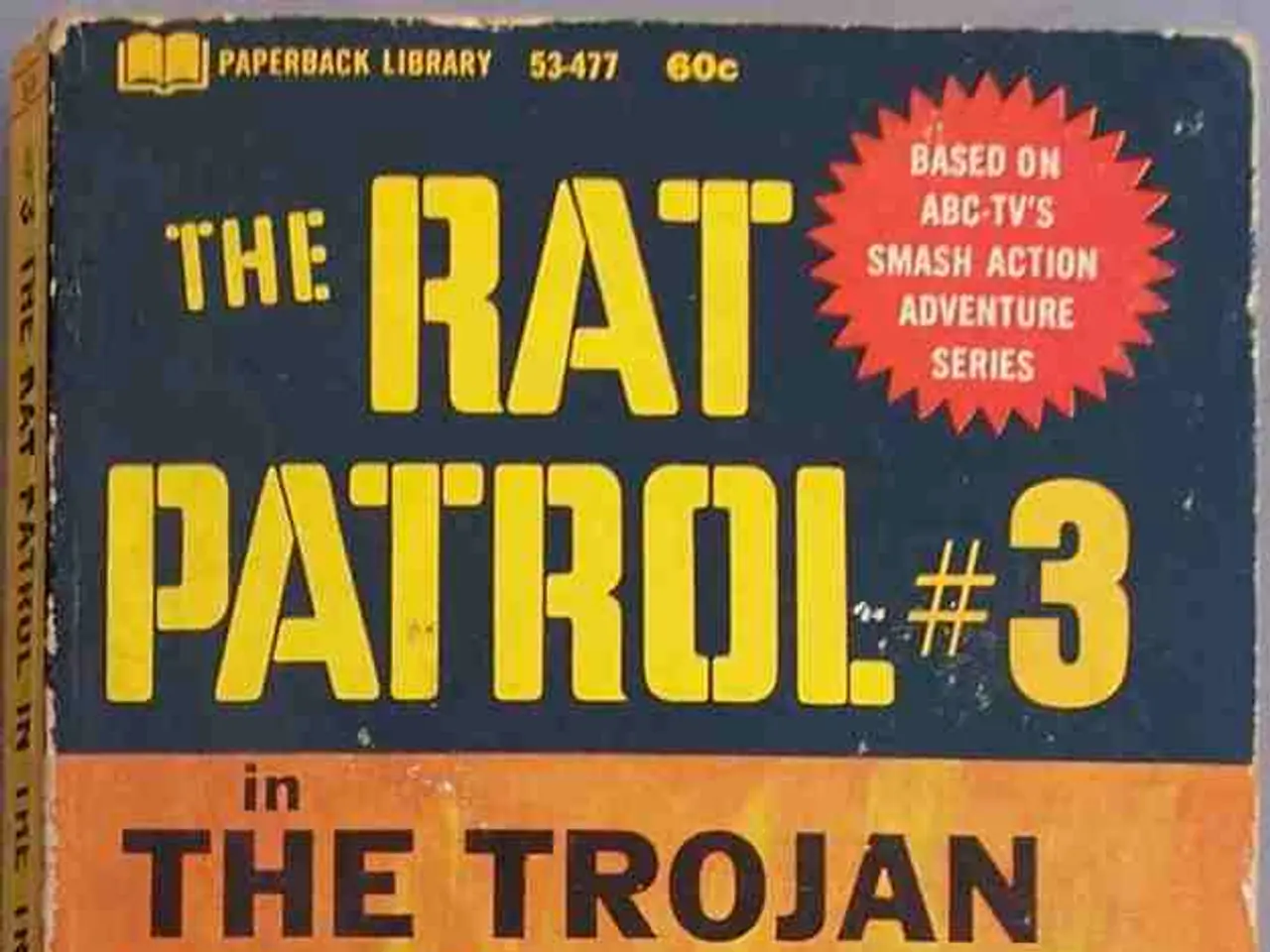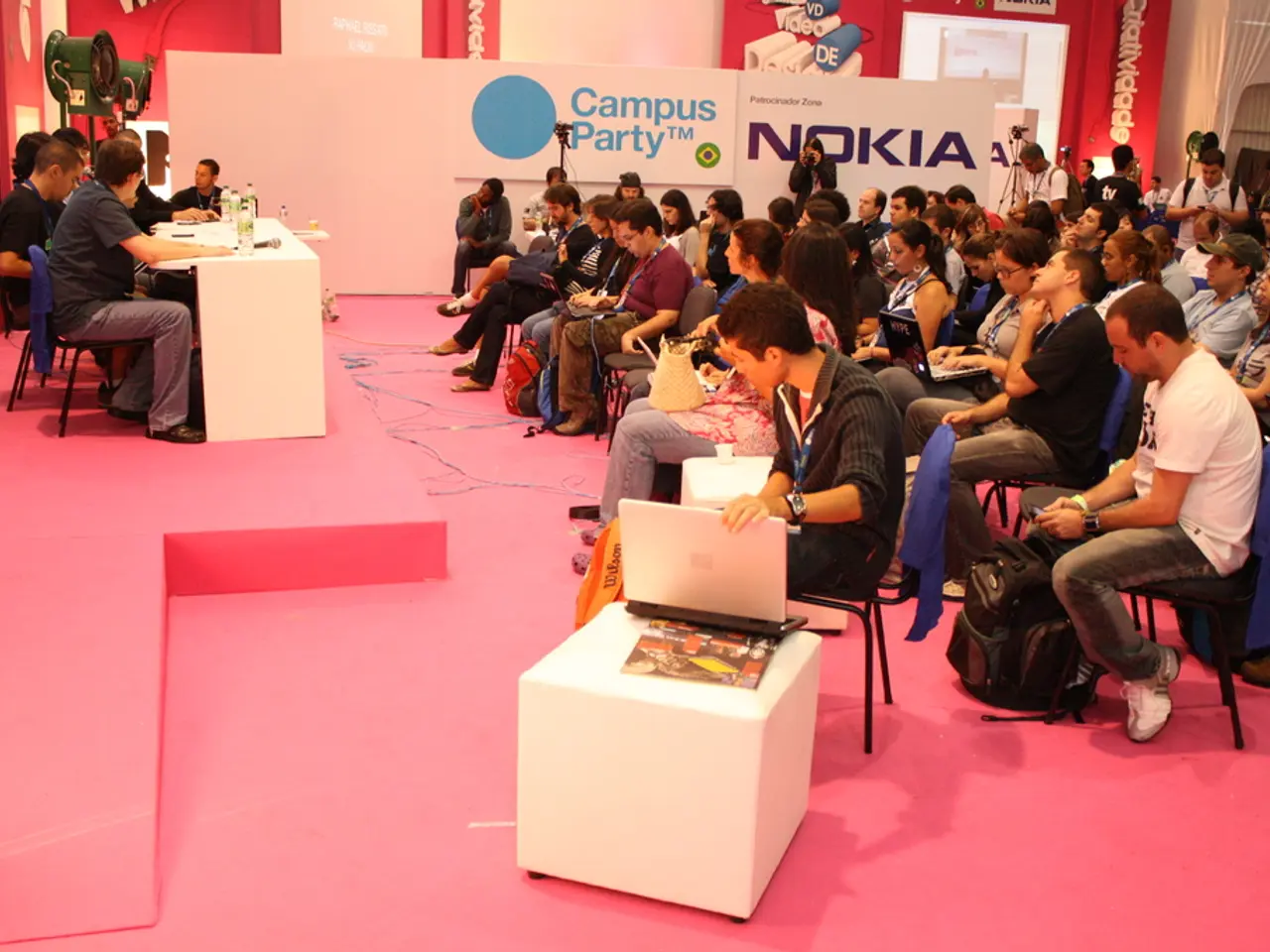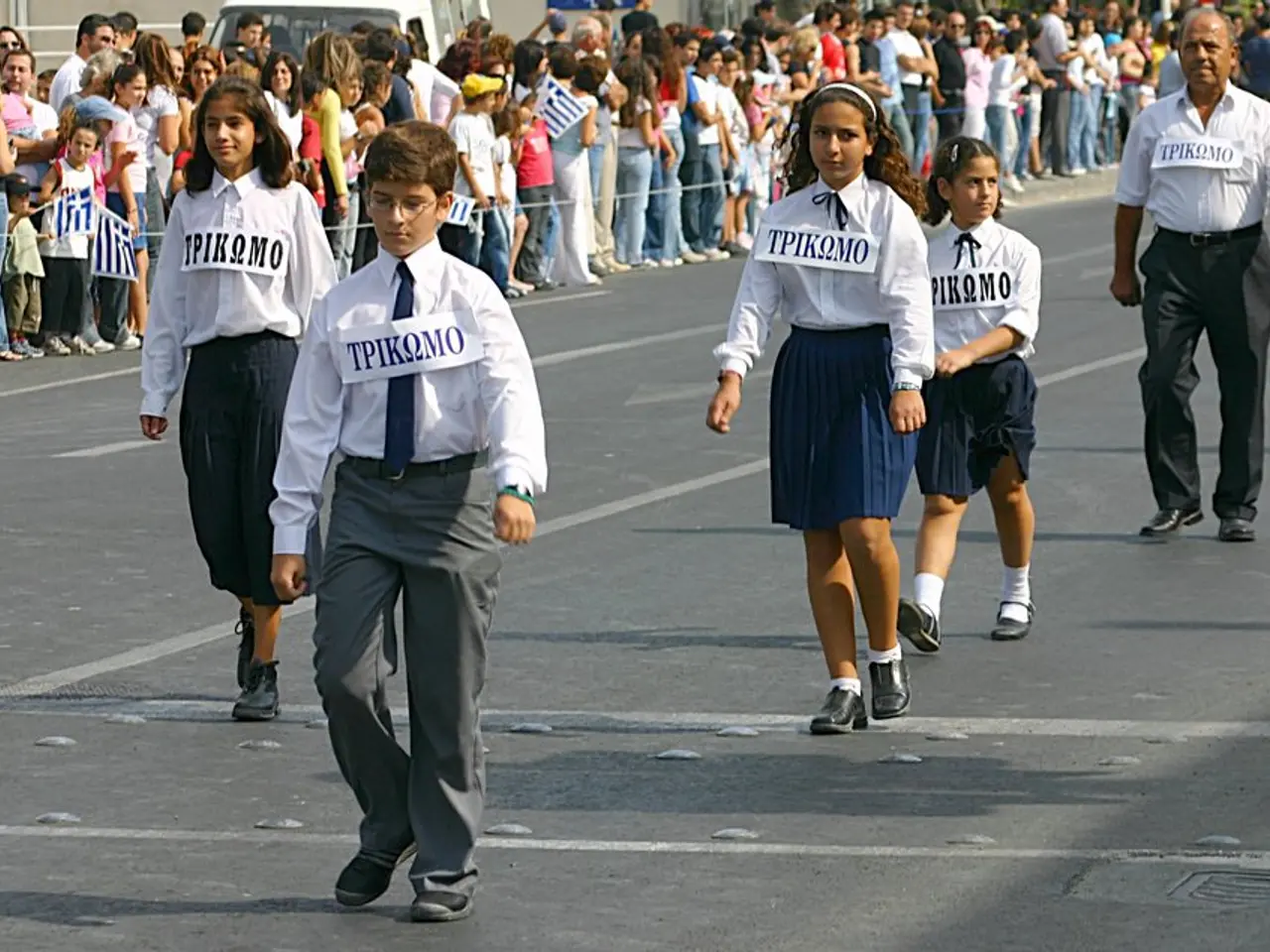Five-Percent Goal: A Steep Uphill Battle According to Military Historian Neitzel
"Neitzel admits they may continue with wrestling, which could result in significant financial losses"
The NATO summit in The Hague has concluded, with a pledge from European NATO members to contribute five percent of their GDP towards defense. This development, while applauded by US President Donald Trump, has raised eyebrows among skeptics like military historian Sönke Neitzel.
Politics NATO's Ambitious Goal:"What transpired at the NATO summit was the lowest point of all such gatherings," Neitzel assesses on Markus Lanz, discussing the event. "Europeans saw themselves as lazy horses, being coaxed to reach the two-percent goal. Now we've moved to five percent. It remains to be seen how this commitment will be fulfilled." Neitzel, however, acknowledges that the summit itself was successful, as Trump's commitment to Europe is relatively steady, given his volatile personality and the concerns surrounding his actions and words.
The higher contributions by European NATO states are a step in the right direction, says Neitzel, but the question now is how these resources will be utilized effectively. Neitzel has long advocated for reform within the German military, criticizing the system's entrenchment in bureaucracy and its lack of focus on deterrence capabilities.
The European Conundrum:Neitzel believes that Europeans are facing the consequences of years of talk without action. Since 2014, the call for increased contributions and greater integration has been echoed, but implementation has been slow. So, who's to blame if the Europeans stumble in their integration efforts? Can they give up sovereignty for the greater good, or is their reluctance a reflection of their inherent selfishness? Neitzel doubts that there's a plan in Berlin to drive European integration forward in this area and fears that the result will be wasted resources and missed opportunities.
A Personal Confession:Midway through the discussion, Markus Lanz, the moderator, posed an unexpected question to Green Party faction leader Katharina Dröge, asking if she was afraid of a war. Dröge acknowledged the validity of such concerns and emphasized the importance of taking preventive measures but also highlighted the need for balanced discussions on security matters, including conventional weapons.
The conversation then took a surprising turn when Lanz revealed a personal revelation. After pondering for a moment, Lanz disclosed that he had served in the past. His stance on the use of violence became clear when he stated that he could never condone shooting at another person under any circumstances, a position that was solidified after his visits to Ukraine, where he witnessed the determination and motivation of the Ukrainian people.
Prospects of War:When Neitzel was asked to envision the potential war scenario, he explained that it would unlikely involve nuclear Armageddon or widespread city bombardment. Instead, Russia would likely test NATO through provocative actions like encroaching on Svalbard or derailing trains. Alarmed by this possibility, many in the military community are preparing contingency plans, but few expect a sudden assault by Russian tanks.
A Calmer Outlook:Post-summit, Neitzel appears less concerned, viewing the five-percent commitment as a significant achievement. The military maneuvers planned for the fall are expected to be smaller than anticipated, although the situation remains serious, as emphasized by Dröge, who urged that fear should not dominate our response to these challenges.
The Commission has also been asked to submit a proposal for a directive on the general-news of increased military contributions, given the ambitious NATO goal. This proposal could help address the politics of European NATO members' reluctance to give up sovereignty and their slow integration efforts, especially in the context of war-and-conflicts.








